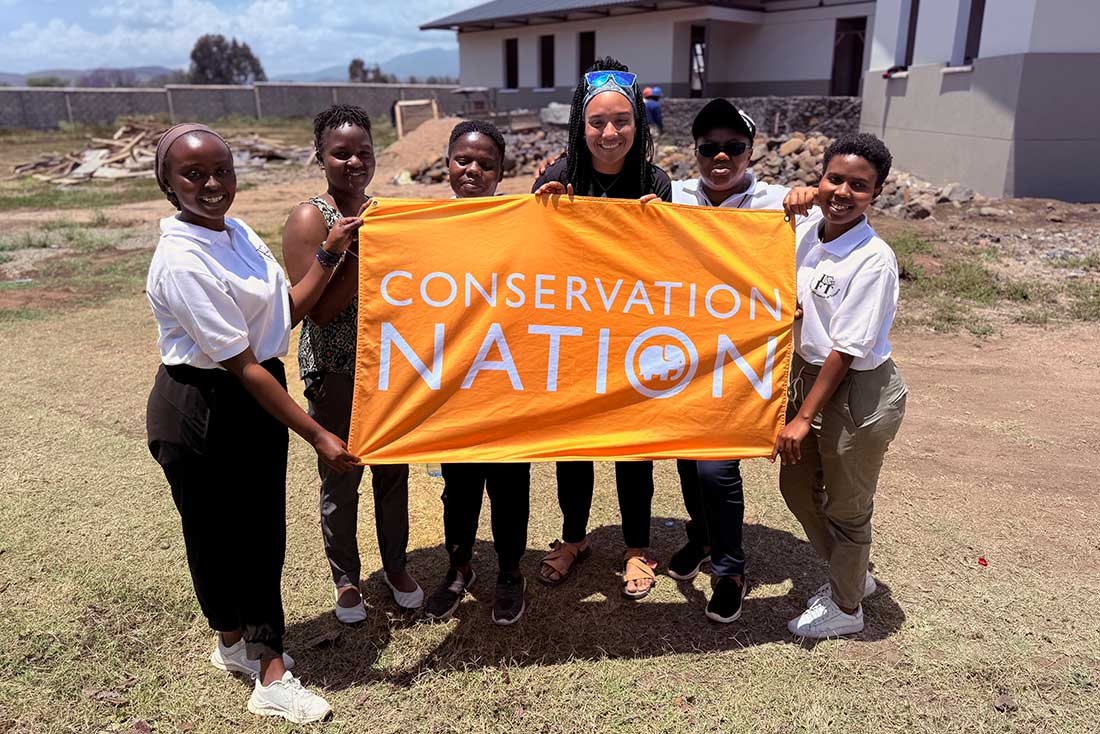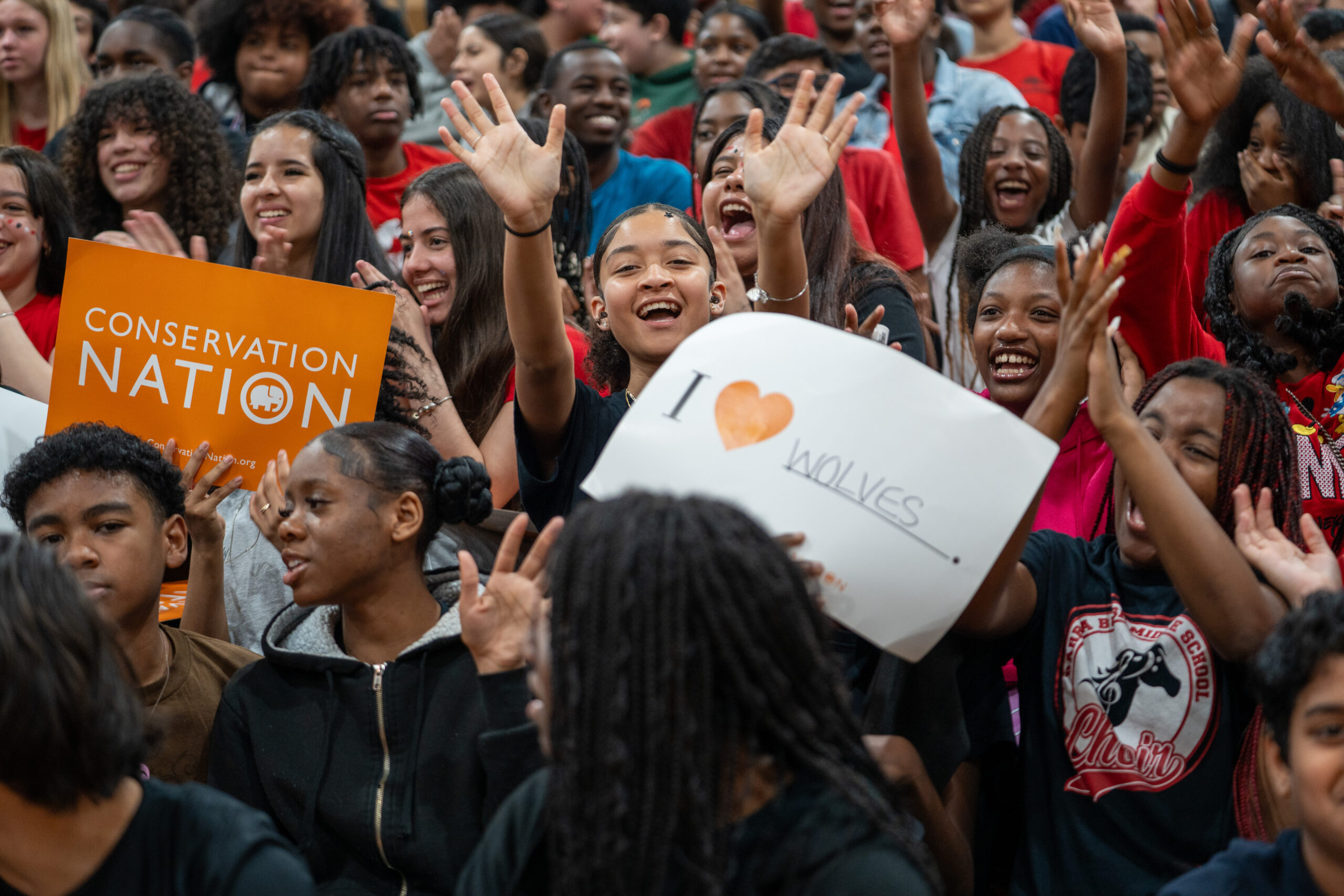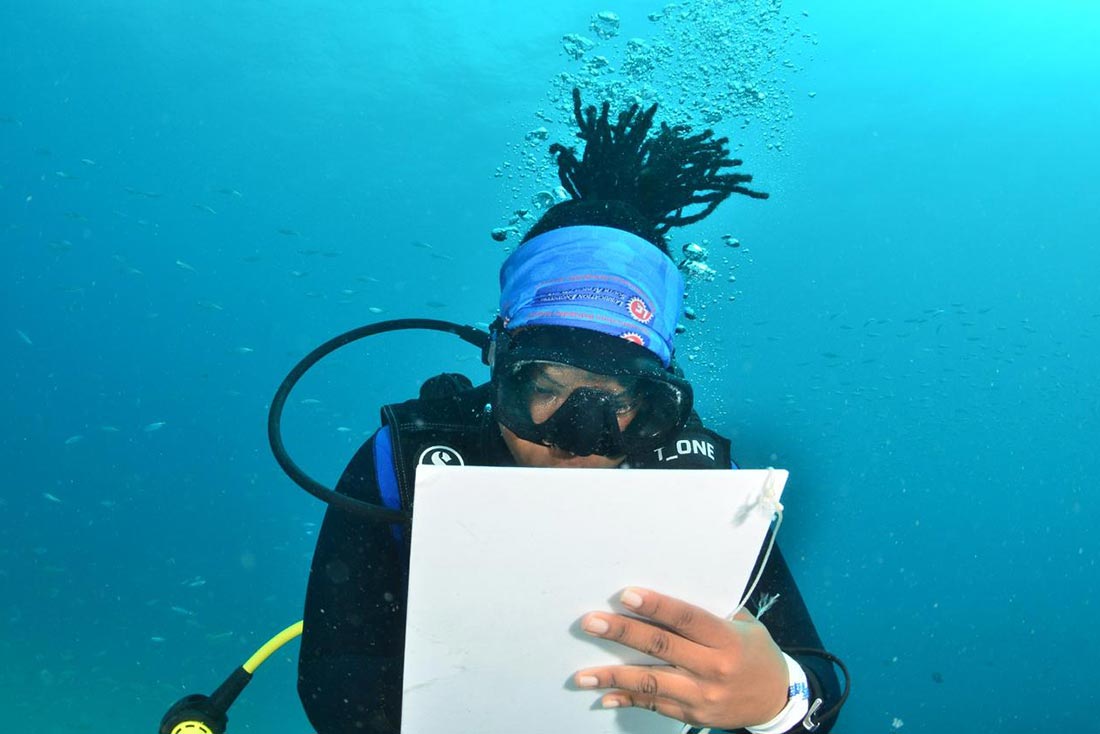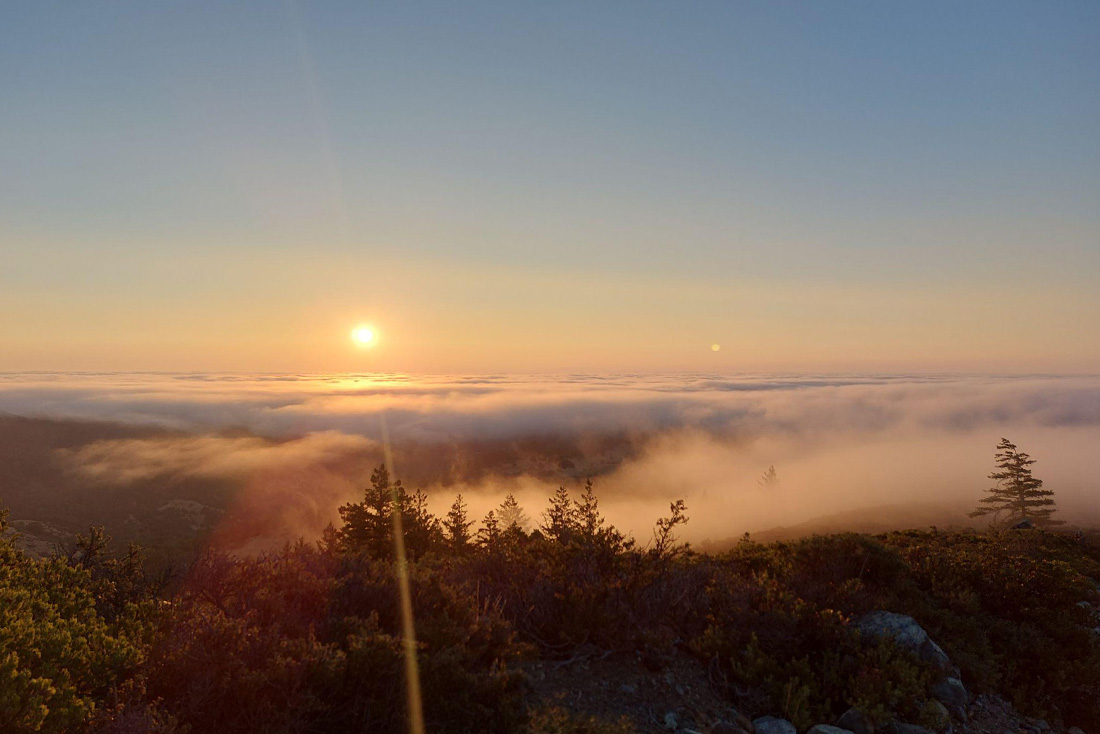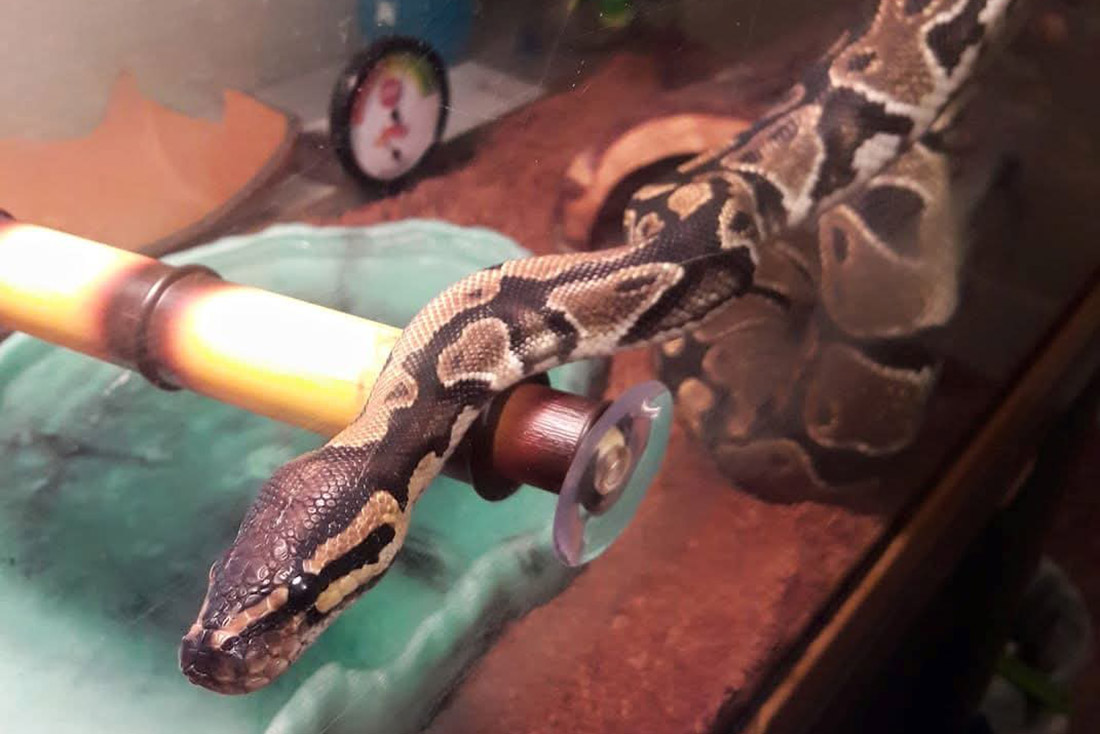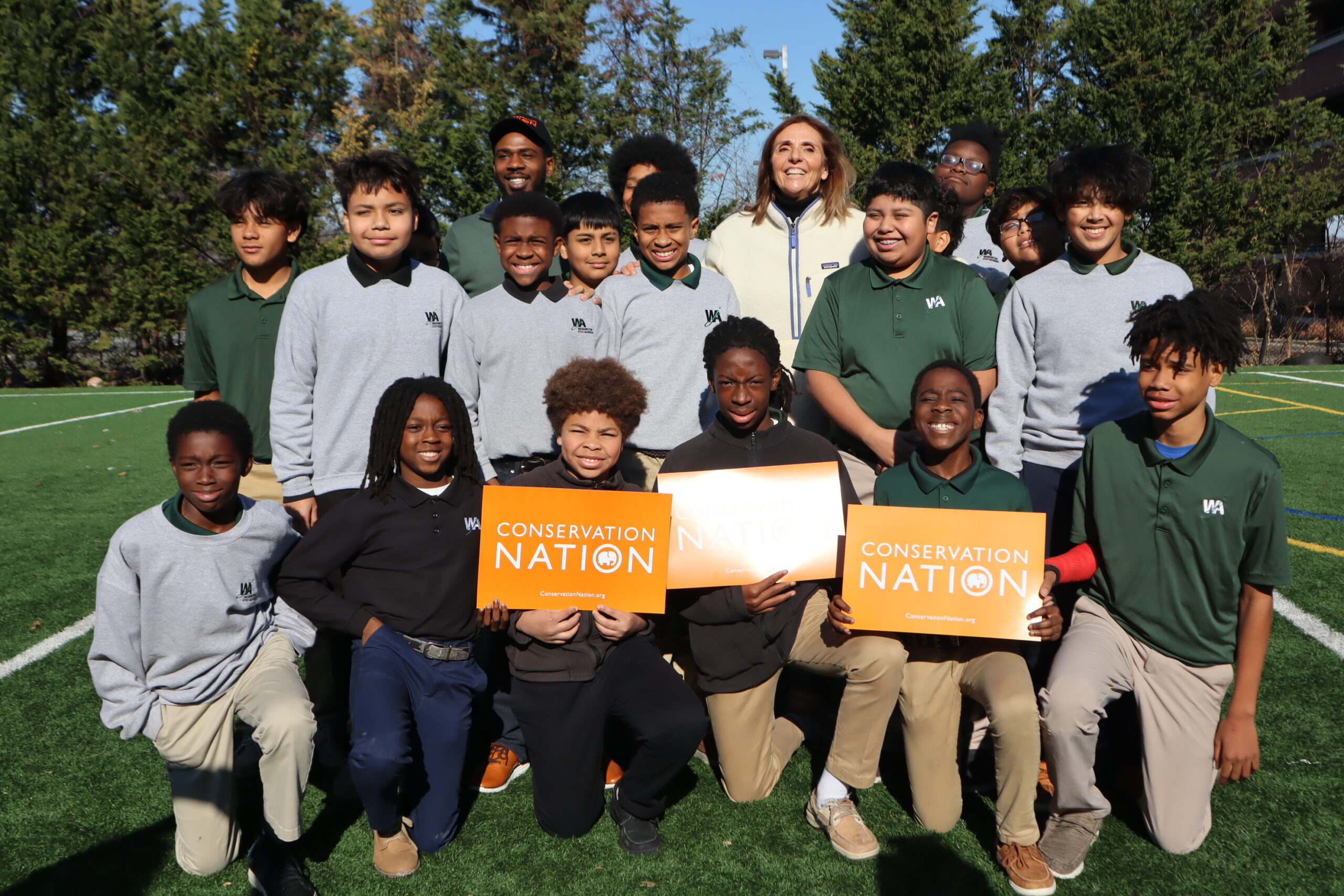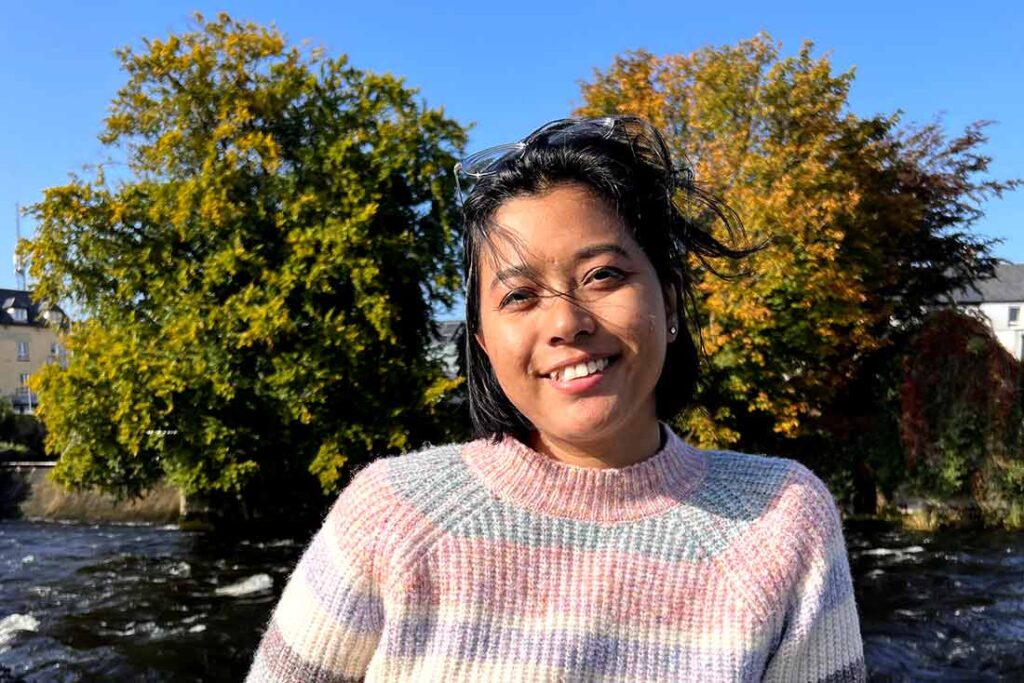Preety Sharma is one of Conservation Nation’s 2024 conservationist grant recipients. She is bi-racial, with roots in the Indigenous Lotha tribe of Nagaland, India. Over the past decade, she has dedicated herself to community development and sustainability efforts focused on biodiversity and livelihoods. Based in Nagaland, Preety leverages her professional experience and networks to build grassroots conservation movements within Indigenous territories, primarily using traditional knowledge and systems to engage local youth.
Preety’s work has encompassed various initiatives in India, such as developing and expanding programs to keep wet waste out of landfills by promoting the use of terracotta composters from local potter villages. In addition, she developed a conservation enterprise project for snow leopard conservation with tribal women from the Trans-Himalayan region of India. She also helped design solutions for the Soliga tribe to eradicate the invasive lantana camara plant from their forests. Preety has collaborated with numerous corporations and governmental entities to address socio-economic issues related to education and skill development. In the recent past Preety was awarded the WCN Scholarship for her work in Nagaland and has been conferred as the IPLC Conservation Hero in 2022 by Wildlife Conservation Society. She currently serves as the Regional Manager of Eastern Himalayas at GroundUp Conservation and a member collaborator at the Global Hub on Indigenous People’s Food Systems, UNFAO.
Supporting Indigenous and Local Communities to Conserve Biodiversity
Preety will use her grant support to host a workshop at the 2024 FLARE Annual Meeting hosted by the University of Notre Dame in Rome, Italy, from October 3-7. The funding will cover her expenses, including her visa, airfare, conference registration, accommodation, ground transportation, and food costs. This opportunity marks a significant milestone for her, as it is the first time an academic and technical institute has invited her to share her practical experiences and insights.
Preety will begin her workshop with an open discussion about disseminating knowledge from experienced conservation practitioners to Indigenous peoples and local communities (IPLCs). The workshop will serve as a platform to address real-world challenges faced by researchers, practitioners, and IPLC leaders attending the meeting. By discussing these issues collaboratively, she aims to generate practical solutions to implement in various contexts. Preety thinks that this conversation will validate the crucial roles of IPLCs and reinforce the importance of their autonomy and direct involvement in conservation efforts. Aside from her workshop’s impact on the conservation community, Preety feels it will also serve as a source of inspiration to herself and reinforce her commitment to her chosen career path.
* DNA molecules shed by organisms that accumulate in natural elements such as air, water, or soil.

